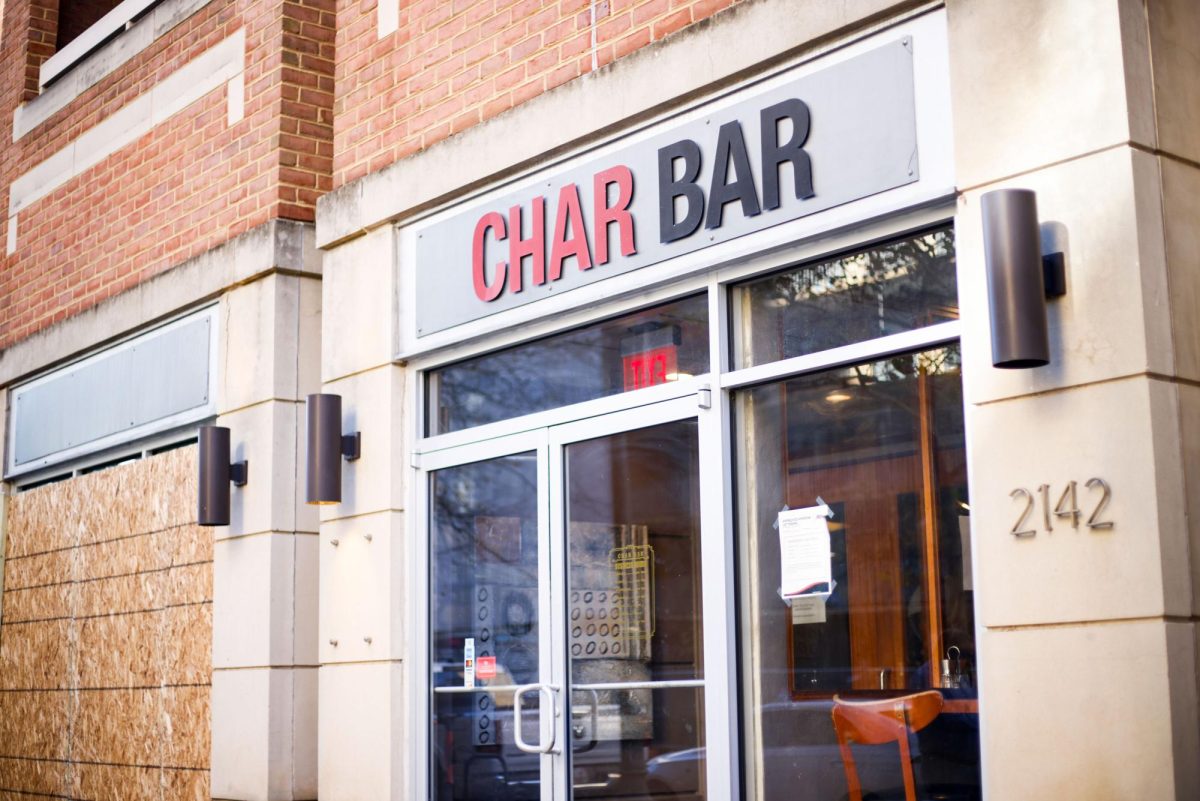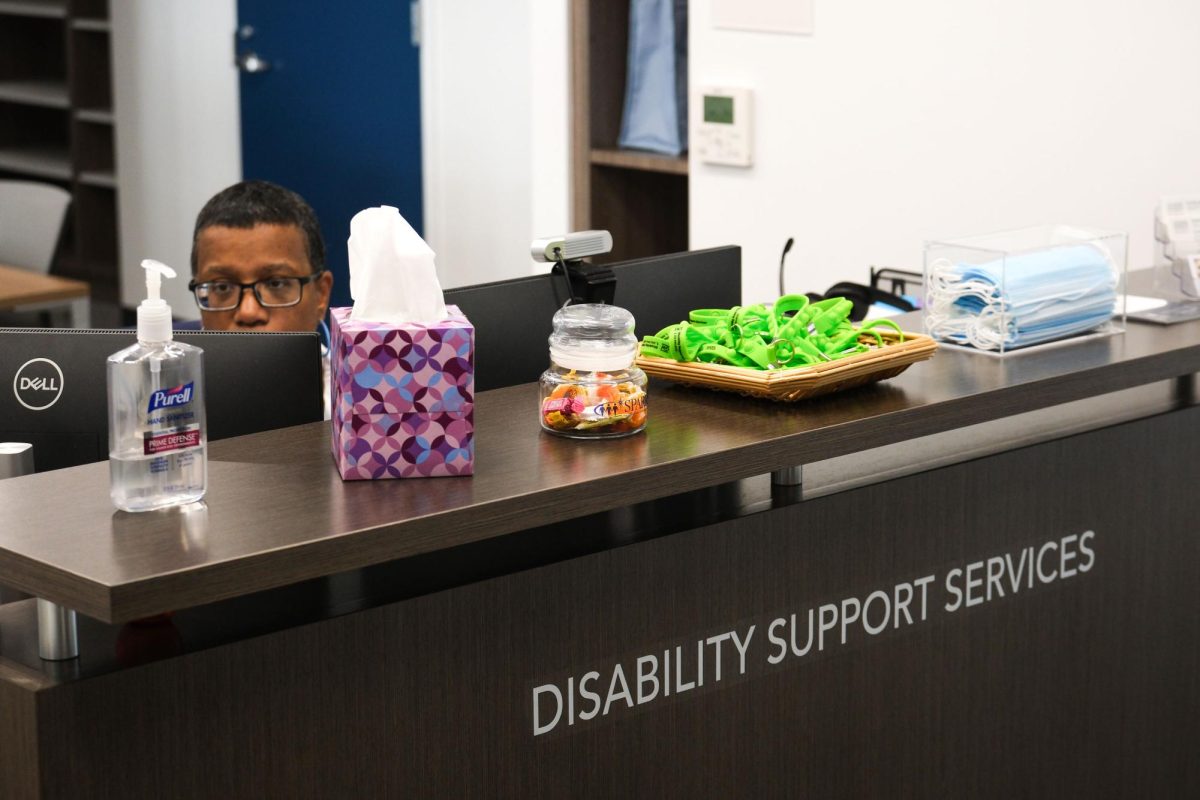Harold Freeman, a prominent expert on health disparities, spoke to more than 100 students and faculty about the socioeconomic divide in medical care at a School of Public Health Grand Rounds lecture.
The Grand Rounds are regularly scheduled lectures hosted by departments for their graduate students. Some, like the Department of Medicine, hold weekly events. For the School of Public Health and Health Services, Freeman’s appearance is especially important because it marks the school’s 10th anniversary.
Senior adviser to the director of the National Cancer Institute, Freeman focused on the health care disparities between individuals based on their race, culture and economic status.
Freeman said the health issue where socioeconomic disparities are most prevalent is the prevention and treatment of cancer. This inequality is what drew him to his career. He said he developed an interest in healthcare disparities while working as a surgeon in Harlem Hospital in New York, where he served as director of surgery for 25 years.
“I started as young surgeon in Harlem in the 1960s, and I noticed poor blacks came in with cancer in the late stages and died early,” Freeman said. “I raised questions as to what was driving this.”
Freeman’s most recent work in bridging the medical gap for the underprivileged is the passage of the Patient Navigator and Chronic Disease Prevention Act in 2005. The program assists underserved patients overcome barriers to timely diagnosis and treatment of cancer. By helping them navigate the complicated health system, Freeman said, his program increases the number of patients who would have otherwise suffered silently.
President, founder and medical director of the Ralph Lauren Center for Cancer Care and Prevention, Freeman was appointed by former presidents George H. W. Bush and Bill Clinton as chairman of the President’s Cancer Panel. His research found that a black male in Harlem a lesser chance of reaching age 65 than a male in Bangladesh.
“This means we have a Third World community within the first world, which is a reflection of the effect of geography on disparities,” Freeman said. “The heart of disparities are inequities.”
The physician said there is evidence that, when correcting for all other variables such as economic status, race does impact disparities. Although race is a problem, Freeman said the issue of unequal care for the poor is colorblind.
“Poverty doesn’t care what race you are; poverty treats you like you’re poor, with poor access to healthcare and information and poor living conditions.”
Freeman sprinkled anecdotal evidence in with hard figures to stress his points, referring to the fact that similar cancers and poor healthcare face both poor whites in Appalachia and poor blacks in Harlem.
Despite the seriousness of the issues, Freeman did prompt a laugh or two. He got the largest response to his suggestive comment about self-control.
“You control your mouth, you control your life; considering smoking, drinking, what you eat and the sexual activity that could occur,” he said.
Dr. Steven R. Patierno, executive director of the GW Cancer Institute, said he was very pleased to have Freeman speak at the Grand Rounds.
“Dr. Freeman is a dear friend and a long-standing colleague,” he said. “He is particularly adept at looking at complicated problems from many different perspectives and finding common threads so we can all work together to solve the healthcare crisis in America.”
Amutah, public health fellow at the Association of Schools of Public Health, said she was inspired by Freeman.
“He was very refreshing,” she said. “It’s helpful to hear someone who’s been in the field for a long time be honest but diplomatic. He gave quality information that was timely and accurate and renewed my energy as a young professional.”






